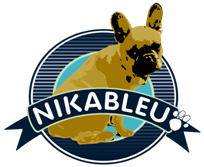What is PPC? Pay-Per-Click is a paid form of advertising, and the concept is pretty simple. Bidders pay for their ads to be found at or near the top of the search results for particular keyword phrases.
Bidding is done on a "per-click" basis, meaning the bidder pays a certain amount every time the engine sends them a visitor. The top results also show up in the results of many of the popular search engines (usually listed as "sponsored" or "featured" results).
Advantages
Pay-Per-Click campaigns can be up and running in a few minutes. Compare that to possibly days of waiting to see a newspaper ad. Also online ads can be seen by virtually anyone online, while paper ads are generally limited by subscription numbers.
It is said that web pages do not need to have SEO, but if the visitor finds no relevance after landing on the site, they leave in a flash. A high "bounce rate" wastes the PPC money and hurts website relevance, which can result in a decreased page rank.
Also, Google prices keywords according to quality (relevance). Nikableu supports a strong SEO campaign for these reasons.
Limitations
Monitoring of positions is key. These campaigns can also become prohibitively expensive, depending on the competitiveness of the keyword phrases and the aggressiveness of the competition.
Many search engine users have learned to recognize PPC results as paid advertising and bypass them without consideration.
That said, the PPC market is continuing to grow, and does produce measurable results.

